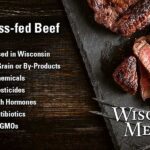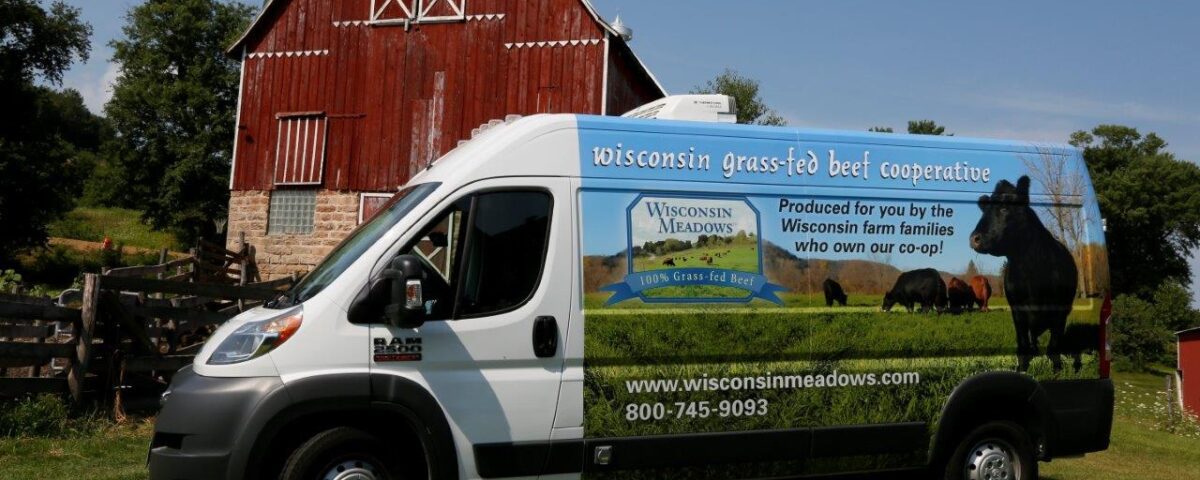
You Are What You Eat
January 19, 2024
New Product Alert: Ground Dog Food Blend
February 13, 2024Our 100% grass-fed beef and pastured pork come from the over 240 members of the Wisconsin Grass-fed Beef Cooperative – representing over three-quarters of Wisconsin’s 72 counties – each of which is a small, family-owned business that is an integral part of their rural Wisconsin community.
These family-owned businesses play a crucial role in contributing to the economic health of rural communities in many ways:
- Employment Opportunities: Family members, as well as additional hired labor, contribute to the workforce, helping to reduce unemployment rates in rural areas.
- Income Generation: Small farms provide a source of income for the families involved. This income not only sustains the farm operations but also circulates within the local economy as these families spend money on goods and services in the community.
- Local Markets and Businesses: Small farms generally sell their products directly (or indirectly, through cooperatives like Wisconsin Meadows) to local consumers, farmers’ markets, local grocery stores, fostering a strong connection between farm and community. This, in turn, supports other local businesses (like our processing partners) and contributes to the overall economic diversity of the area.
- Community Engagement: Family-run farms are often deeply rooted in the communities where they are located. Actively engaging with local residents and participating in community events contributes to the social fabric of the area and helps to build strong social bonds and a supportive social and economic network.
- Preservation of Rural Culture: Small farms contribute to the preservation of rural traditions and cultural practices, playing a role in maintaining the agricultural heritage of the region, often passing down farming knowledge from generation to generation.
- Diversification of Income Sources: Many small farms engage in diversified agricultural activities. Many of our members, in addition to raising livestock, also raise crops and even incorporate activities like agri-tourism into their farm businesses. This diversification helps stabilize income sources, making the farm – and by extension the community – more resilient to economic fluctuations.
- Environmental Stewardship: Small family farms are more likely to adopt sustainable and environmentally friendly farming practices, given the fact that they literally live and raise their own families right on the farm. Our members take care of their pastures in ways that have positive effects on the local ecosystem, promoting biodiversity and preserving natural resources, which, in turn, contributes to the long-term sustainability of the rural community.
- Local Food Security: Small farms contribute to local food security by producing fresh, locally sourced food. This is especially important in times of global disruptions or uncertainties in the food supply chain. The shorter the link between you and where your food comes from, the stronger and more resilient that connection is.
Wisconsin Meadows grass-fed beef and pastured pork come from members of the Wisconsin Grass-fed Beef Cooperative – family businesses that are integral to the economic, social, cultural and environmental health of Wisconsin’s rural communities, collectively strengthening the fabric of rural life here in Wisconsin!
By: Josh Miner, Wisconsin Grass-fed Beef Cooperative


